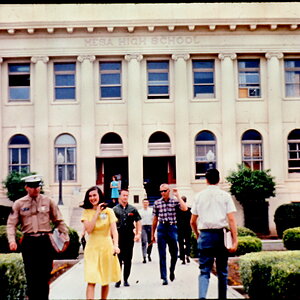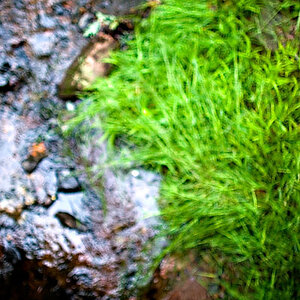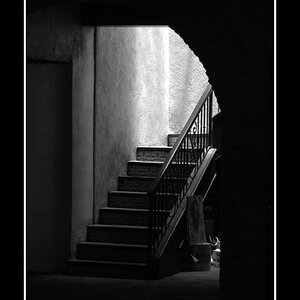Fox Paw
TPF Noob!
- Joined
- Jun 3, 2008
- Messages
- 670
- Reaction score
- 0
- Location
- Arizona
- Can others edit my Photos
- Photos OK to edit
A stray thought. I'm much newer to this than most of you, but I've shot a lot of photographs since last February. One epiphany was slow in coming, i.e., that many things that are intriguing to look at, and even beautiful in some way, do not make interesting subjects for a photograph. Most of you probably realized this long ago.
I look at all the photographs I've taken. Every time I snapped the shutter, there was something that I found interesting or appealing to look at. The vast majority, however, are utterly boring and forgettable photos.
What made me think of this was some of the photos posted recently by other relative beginners, particularly young ones. There's nothing really wrong with many of the shots. I can see why someone found the subject interesting to look at. There's just no particular reason why anyone else ought to want to see the result. Having taken scads of the same kind of picture--and having (alas) posted quite a few--I can identify. I'm never quite sure what to say about such shots.
I also haven't figured out what to do with this insight when taking photos. I'm still taking lots of yawners, even when I'm very calculating about the composition.
I look at all the photographs I've taken. Every time I snapped the shutter, there was something that I found interesting or appealing to look at. The vast majority, however, are utterly boring and forgettable photos.
What made me think of this was some of the photos posted recently by other relative beginners, particularly young ones. There's nothing really wrong with many of the shots. I can see why someone found the subject interesting to look at. There's just no particular reason why anyone else ought to want to see the result. Having taken scads of the same kind of picture--and having (alas) posted quite a few--I can identify. I'm never quite sure what to say about such shots.
I also haven't figured out what to do with this insight when taking photos. I'm still taking lots of yawners, even when I'm very calculating about the composition.
Last edited:








![[No title]](/data/xfmg/thumbnail/40/40287-4f839095000f74d779b90ed75df9dc62.jpg?1619739408)




